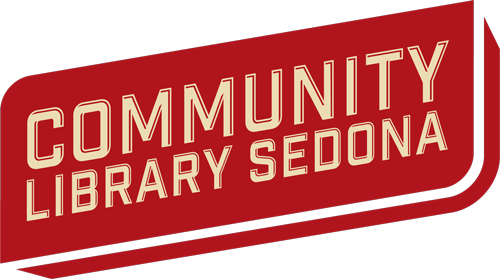Let’s address the elephant in the room. Or Pamela Voorhees’ hockey mask wearing, machete wielding pride and joy, who lurks in the corner. Afterall, today IS ..chi-chi-chah-chah…Friday the 13th. Yes, many films and horror tropes have paid homage to this, the most nefarious of numerals. And there are many examples of the number 13 playing its role in history and the zeitgeist.
In the Christian tradition, the Last Supper had 13 guests, including Jesus and his twelve apostles, one of whom, Judas, betrayed him. Some link the unluckiness to the story of Cain killing Abel on Friday the 13th.
The number 13 is seen as the “unknown” beyond the number 12, which many see as a complete number (e.g., 12 months in a year). And lest we not forget the fear of the number 13, known as triskaidekaphobia, affects an estimated 17-21 million people. Many buildings skip the 13th floor, and some airports avoid having gate 13.
But that fear of the number 13 and the unknown should not matter. Why? Because in the face of overwhelming uncertainty, there is knowledge. And you can tap into that knowledge right here at the library. The library isn’t just Act One Cultural Passes and line dance classes, it’s a place where if there’s a theme or an idea that you’re trying to know more about, come on in. There’s probably been a book written on that subject.
Let’s overcome our fears and superstitions. Place a library hold on “Believing in magic: the psychology of superstition” by Stuart A. Vyse, this book is available via the Yavapai Library Network. Although we live in a technologically advanced society, superstition is as widespread as it has ever been. Far from limited to athletes and actors, superstitious beliefs are common among people of all occupations and every educational and income level.
Here, Stuart Vyse investigates our proclivity towards these irrational beliefs. Superstitions, he writes, are the natural result of several well-understood psychological processes, including our human sensitivity to coincidence, a penchant for developing
rituals to fill time (to battle nerves, impatience, or both), our efforts to cope with uncertainty, the need for control, and more.
Perhaps you’re a cinephile who wants to know more about that numerical franchise and its many imitators, pick up “Untold Horror” by Dave Alexander. Take a deep dive into development hell to find the most compelling horror films that never were, from unmade Friday the 13th, A Nightmare on Elm Street, and Re-Animator sequels, H. R. Giger passion projects to alternate takes on legendary franchises such as Frankestein, Dracula and Jaws! Alexander’s book features art, script pages, and other production material from unrealized films that still might make you scream–with wild stories from dozens of directors, screenwriters, and producers with decades of experience making your favorite fright flicks.
And if you’re just curious as to why superstitions play such a big role in the way people interact with each other or themselves, check out “The Encyclopedia of Superstitions” by Edwin Radford. This classic and thoroughly delightful reference explores the origins of hundreds of superstitions, and many of the entries read like short stories in themselves. Here are the charms once in daily use in dairy and kitchen; spells used by witches–and against them; fairy lore and legend; folk remedies and customs of birth, marriage, and death. You’ll discover why it’s unlucky in some countries for a person to reveal his age; why ships have long been fitted with figureheads; why lettuce was believed to possess magical properties; and why a child born after its father’s death was said to have healing powers. This is truly a collection to muse over…but expect an occasional chill down the spine.
Yes, I would normally walk on eggshells on this day but it’s all in my head. So I choose to embrace the day for all its idiosyncrasies, and I hope you do too. Now pay me no mind while I check my front door two times to make sure I locked it. Don’t forget, Halloween is only 4 months away and on a Friday too!
Community Library Sedona is also a 501(c)(3) non-profit organization. Your gifts and support, just like the Friends’ contributions, allow us to provide a plethora of services and programs for the community, for free, all year long. Visit communitylibrarysedona.org/donate to make an online gift today.
As published by Red Rock News
Library News Column for June 13, 2025, by Jan Marc Quisumbing, Scheduling Coordinator
